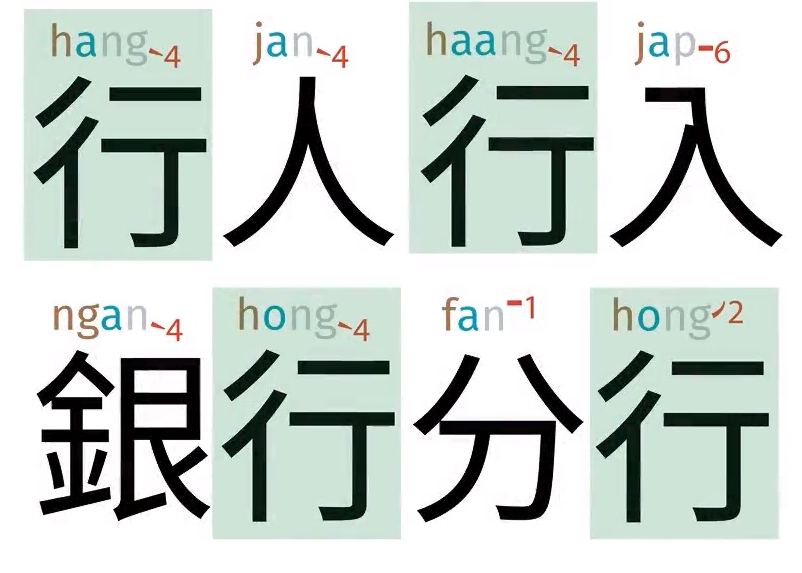Ron's Princibles
Sunday's post on "Listless vessels" opened with this clip:
about what are you trying to achieve on behalf of the American people
and that's got to be based in principle
uh because if you're not rooted in principle
uh if all we are is listless vessels that just supposed to follow
you know whatever happens to come down the pike on Truth Social every morning
that- that's not going to be a durable movement
And in the 30th comment, Yuval wrote
FWIW, both utterances of "principle" sound like 'princible' to me.
He's absolutely right — but what those two words "sound like" leaves an important theoretical (and practical) question open.
Read the rest of this entry »

